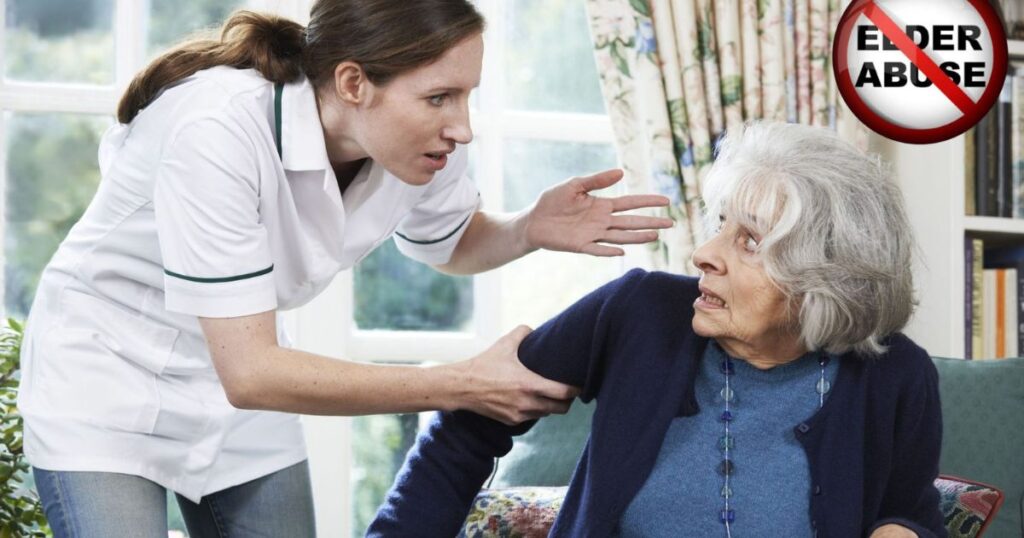Nursing homes are meant to provide a safe and supportive environment for residents, but violations in care standards can significantly impact health and well-being.
Residents at nursing homes are subjected to numerous types of negligence. Poor hygiene, financial abuse, and nursing home health deficiencies are more common among them. These instances of negligence can have serious effects on the resident’s physical and emotional well-being.
Here are five critical nursing home violations that significantly impact residents.
1. Neglect of Basic Hygiene and Personal Care
Maintaining personal cleanliness is paramount for nursing home patients’ health and dignity. Many facilities fail to meet these basic needs due to understaffing or neglect. When residents do not receive assistance with activities like bathing, using the restroom, and dressing, they face higher risks of skin infections, bedsores, and other health issues.
Neglect in hygiene care can also lead to psychological stress, impacting residents’ mental health and overall well-being.
2. Medication Errors
Medication errors are common in nursing homes and can have severe consequences for vulnerable residents. These errors may include
- Incorrect dosages
- Administering the wrong medication
- Failing to provide medication on schedule
Such mistakes are often caused by insufficient training, high staff turnover, or poor communication among caregivers.
For residents who rely on regular medication, errors can lead to severe complications, from adverse reactions to potentially life-threatening conditions.
3. Poor Infection Control Practices
Infection control is critical in nursing homes, where many residents have weakened immune systems. Unfortunately, some facilities struggle to enforce consistent infection control measures, raising the risk of disease outbreaks. Infections like influenza, urinary tract infections, and pneumonia can spread quickly among residents if hygiene and sanitation protocols are lax.

Poor infection control can also contribute to antibiotic resistance, complicating future treatment. Nursing homes should prioritize proper hand hygiene, regular disinfection, and appropriate waste disposal to protect residents from preventable infections.
4. Physical and Emotional Abuse
Abuse in nursing homes can take physical or emotional forms and has a devastating impact on residents’ health. Physical abuse may involve rough handling, unnecessary restraints, or even bodily harm, while emotional abuse includes verbal insults, intimidation, or isolation. Both forms of abuse can result in lasting trauma.
Emotional abuse can result in depression, anxiety, and cognitive decline, while physical abuse can cause injuries and, in severe cases, irreversible harm. Facilities must thoroughly vet and train staff to ensure respectful and compassionate treatment of all residents.
5. Inadequate Nutrition and Hydration
Proper nutrition and hydration are essential for resident health, especially among older adults with specific dietary needs. However, due to inadequate staffing or poor planning, some nursing facilities cannot deliver enough meals and fluids.

Significant issues, including dehydration and starvation, can result in diminished immunity, weight loss, and cognitive impairment. Nursing homes must ensure meals are nutritious, accessible, and tailored to residents’ specific health needs to prevent these conditions.
Conclusion
These common nursing home violations demand immediate attention, as each profoundly affects residents’ health and quality of life. By recognizing and addressing these issues, families and caregivers can help create a safer and more supportive environment that respects and prioritizes the well-being of all residents.
